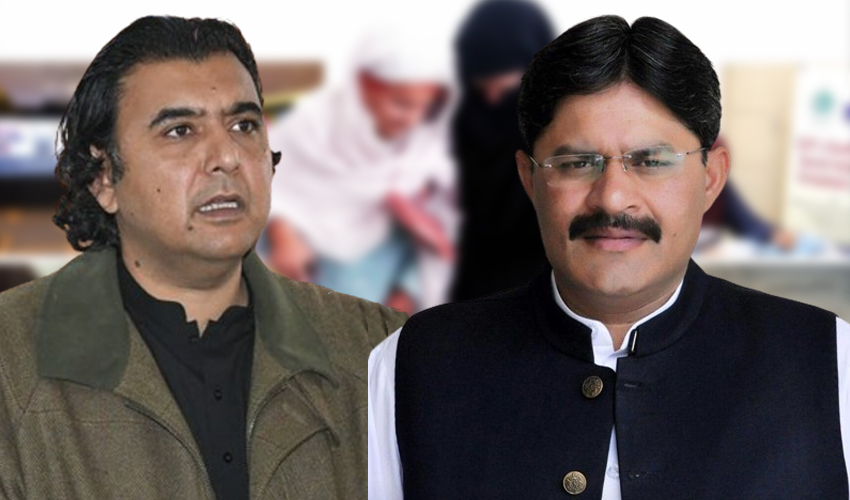The forthcoming elections on February 8th in Pakistan’s NA-48 Islamabad constituency present a distinctive scenario, as major political parties have chosen not to field candidates, leaving the field to two independent heavyweights.
Raja Khurram Shahzad Nawaz, who secured victory in the 2018 election with the backing of the Istehkam-e-Pakistan Party (IPP), is set to face a robust challenge from Mustafa Nawaz Khokhar, a notable local figure and former senator with deep-rooted family connections in the constituency.
With a registered electorate of 299,248, including 157,306 males and 141,942 females, NA-48, situated in the federal capital, is anticipated to witness a fierce contest between these two independent contenders. This unique situation raises questions about the influence of major parties and underscores the role of local politics in the upcoming elections.
In NA-48, the electoral landscape is poised for a tough competition between two independent candidates, Raja Khurram Nawaz and Mustafa Nawaz Khokhar. Notably, the Pakistan Muslim League-Nawaz (PML-N) has chosen not to nominate a candidate in this constituency, following a seat adjustment arrangement with the Stability Pakistan Party. Raja Khurram Nawaz enjoys support from both the IPP and the PML-N. Meanwhile, former senator Mustafa Nawaz Khokhar holds a favorable position due to his community ties and political influence. Other contenders in the constituency include PPP’s Asad Parvez and Jamaat-e-Islami’s Malik Abdul Aziz, adding further complexity to the electoral landscape.
NA-48 encompasses diverse areas such as Chak Shahzad and Chatta Bakhtawar, along with Sahala, Pind Malkan, and Bahria Town Phase I to VII. Additionally, it includes Model Town Humak, PWD, Swan Garden, Jinnah Garden, Covering Town, Police Foundation, and Doctors Town. Noteworthy regions like Rawat, Tiramiri, and Ghori Town Park Road also fall within its jurisdiction.
Voters express a range of sentiments and expectations regarding the upcoming election:
Many voters have high expectations for Raja Khurram Nawaz, acknowledging his past contributions to the region.
Some voters express frustration over rising inflation, particularly concerning the increased prices of essential commodities like flour and sugar, leading to a reluctance to vote for any candidate.
Others intend to support Jamaat-e-Islami in the election, emphasizing the importance of their vote for the party.
Mustafa Nawaz Khokhar garners significant support due to his perceived strong position and awareness of the area’s issues.
Raja Khurram Nawaz earns admiration for his efforts, including the construction of a bridge to Burma.
With each candidate striving to win the hearts and votes of the constituents, the election remains highly competitive, reflecting diverse voter preferences and concerns in NA-48.
Raja Khurram Shehzad Nawaz, an Independent Candidate, expresses unwavering confidence in divine favor, anticipating victory by the grace of Allah. He attributes his optimism to his extensive three and a half years of grassroots engagement, uniting workers from various parties under a common cause.
Mustafa Nawaz Khokhar, also an Independent Candidate, highlights the unique dynamic of the upcoming election, noting the absence of Tehreek-e-Insaf’s participation. He believes this creates an opportunity for independent and alternative candidates to garner support from voters seeking change.
Malik Abdul Aziz, representing Jamaat-e-Islami, exudes assurance in victory, expressing gratitude for the overwhelming support his campaign has received. He acknowledges the rural communities’ steadfast commitment to casting their votes in his favor.
With 38 candidates, including 2 women, vying for success in NA-48, the spotlight remains on the intense competition between IPP-backed Raja Khurram Nawaz, independent contender Mustafa Nawaz Khokhar, and Jamaat-e-Islami’s Malik Abdul Aziz on February 8th.


